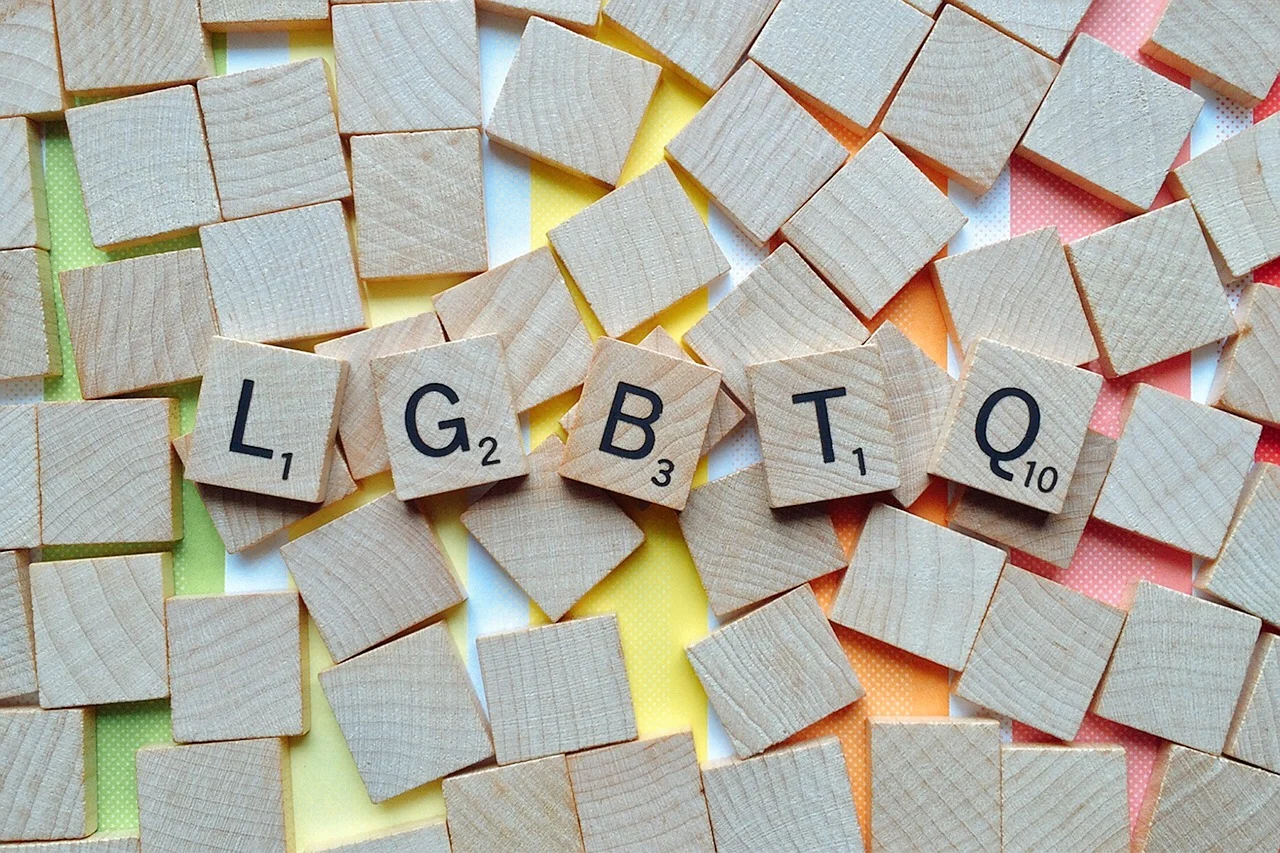Talent shows and reality TV are perhaps the only genres of television where you can find real lives cast and no scripts involved. They promote the epitome of everyday people, which is why the representation of different social groups are significant whilst considering what the social norms are.
In the past, the LGBTQ+ community struggled to be recognised and portrayed accurately in these television genres. Their representation was selective and narrow. The few individuals shown were either represented as a gay man with a flashy and promiscuous personality, or a lesbian as masculine or tomboyish attitude.
These stereotypes impacted the LGBTQ+ community’s image and how confident existing members were. These stereotypes have held many back from joining Talent shows, or making their reality TV show in fear of not being categorised as ‘normal’. In an interview, former American Idol star Adam Lambert stated that he did not believe he would make it as far in the competition as he did for being part of the LGBTQ+ community. As it seems it ‘to be something people got rejected over’.

Today, the LGBTQ+ community has come a long way, nowadays talent shows are changing how they represent this culture. Famous shows are showing their support and are offering more equality. Strictly has recently featured its first male same-sex pairing and it’s been a landmark victory for the community in terms of change and representation.
The Great British Bake-Off star John Whaite (partnered with Johannes Radebe) has expressed how much of an important message it was for him to be partnered with a man as an openly gay dancer himself. This has expanded the perception of gay men as more than just the title, but talented individuals who are proud of their sexuality.
Other individuals have been working for years to provide exposure for the LGBTQ+ community, such as RuPaul’s Drag Race. RuPaul has taken a stand to allow Drag queens to shine and has done so since 2009. As the seasons went on, the show gradually grew in popularity, paving the way for Drag queens from different races and backgrounds to shamelessly go out in the world like Bob the Drag queen, Raja and many more.

The change in the representation of the LGBTQ+ community has also been prominent in Reality TV shows. I am Jazz is just one example of an individual making their voices heard through reality TV. The show premiered in 2015 and allowed Jazz to share her youth through the lens of a transgender woman. Through this, viewers can be more understanding of the self-discovering journey that is being transgender.
The growing change in how Talent shows, and Reality TV have perceived the LGBTQ+ community allowed the development of a far more diverse and unique culture, encouraging individuals to break away from the typical stereotypes surrounding queer identities. This has allowed viewers to, in turn, embrace their true selves and hopefully touch more people around the world.
By Elena Pre-Kouadio
Feature image: Pixabay

